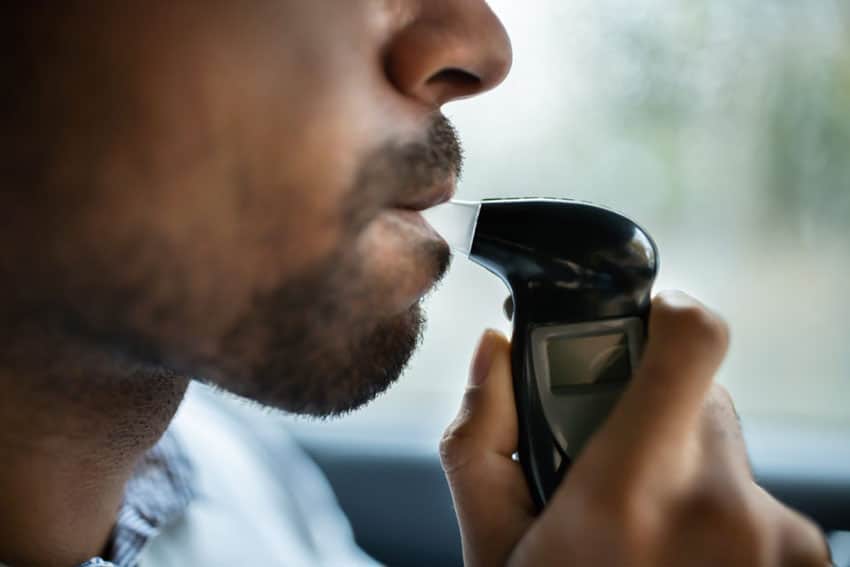There are many conditions that affect a person’s blood alcohol content (BAC), a measure of the amount of alcohol that is present in ones blood stream. A person’s BAC can be determined from 30 to 70 minutes after consuming alcohol, and it’s based on many different factors. A person’s BAC can be different from one day to the next even if they’ve had the same type and amount of alcohol the night before. In almost all cases a good factor is the person’s body weight, whether they had anything to eat or if they are on a medication where alcohol should be avoided. But it’s not just these factors that can affect a person’s BAC.

Here are some factors that can also affect your BAC.
- Food– Food slows the absorption of alcohol in a person’s bloodstream by keeping alcohol consumed in the stomach for a longer period of time. If a person drinks alcohol on an empty stomach, their chance of having a higher BAC is more likely than a person who ate before drinking
- Age– As you age, the intoxicating effects of alcohol become increasingly pronounced.
- Gender– Because women generally have lower water content in their bodies than men, they usually reach a higher BAC if they consume alcohol at a similar rate as their male counterparts, even if they are the same age and weight. Women also have a lower quantity of an enzyme in their stomachs that breaks down alcohol than men.
- Rate of Consumption– With each drink consumed, a person’s blood alcohol concentration increases, but the rate of which a person consumes alcohol will affect their BAC even more.
- Drink Strength – The more Alcohol by Volume (ABV) percentage a drink contains, the more alcohol will end up in your bloodstream.
- Weight – Larger people usually need to drink more to have the same affects as a more average or smaller person because people who weigh more tend to have more water in their bodies, which has a diluting effect on the alcohol a person consumes.
- Metabolism–Tolerance that is a result from a more rapid elimination of alcohol from the body is called metabolic tolerance. Usually associated with a specific group of liver enzymes that metabolize alcohol and that are activated after chronic drinking.
- Medications– Many medications react negatively with alcohol, including cold or allergy medications and prescription drugs. These medications can intensify the effects of alcohol and even endanger a person’s health, your doctor or pharmacist should make you aware of these affects when prescribing these medications.
- Diabetes– Most people with diabetes can have a moderate amount of alcohol. Alcohol can affect the glucose levels of people who have diabetes and cause hypoglycemia. This is why moderation is important.
- Alcohol Intolerance– Alcohol may cause adverse reactions in some, including flushing of the skin, nasal congestion, elevated heart rate, and reduced blood pressure. According to the Mayo Clinic, alcohol intolerance is caused by a “genetic condition in which the body is unable to break down alcohol.
The legal limit for driving while intoxicated in most states is .08%. With all these factors in mind, one should never rely on counting drinks or assuming they are not going to have a different BAC from one day to the next.
For more information on the different factors that can affect your BAC, click here.
The exclusive purpose of this article is educational and it is not intended as either legal advice or a general solution to any specific legal problem.











